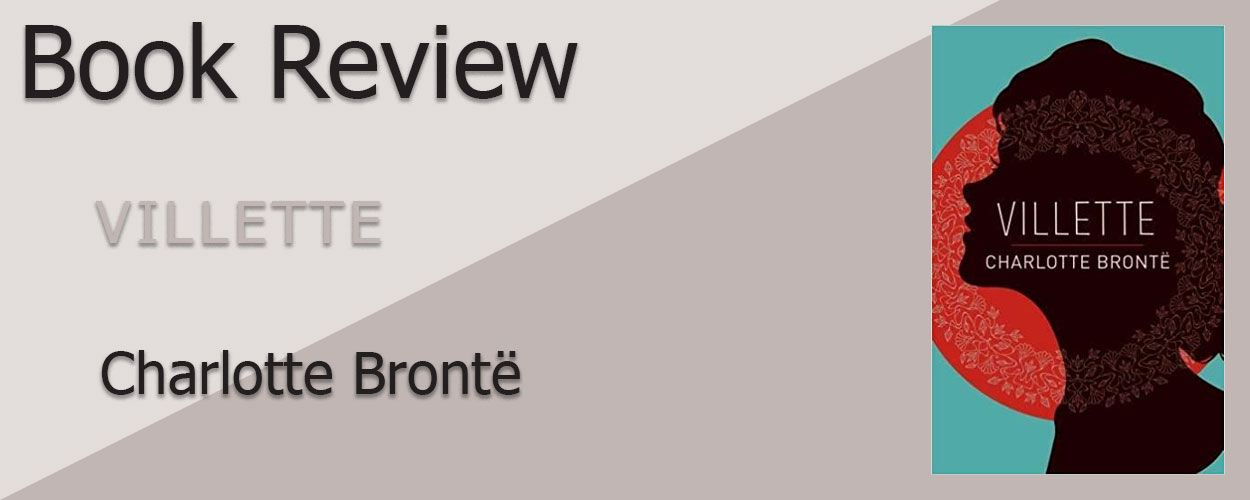

I liked this book, but it’s not to my taste
This book was given to me by a close friend. It’s been sitting on my bookshelf for the longest time until finally, I’d had enough. I rearranged my shelf and organized all the books I hadn't read yet on my window ledge. This book was first on the list.
Read: January 14 – February 6, 2022
Genre: Classic
Audience: General
Book contains: student-teacher relationship
Purchase your own copy from Amazon.ca
Right from the start, I knew it would be the story of a young governess and her life with a bit of romance thrown in. That’s exactly what we get. Lucy Snowe is the typical Charlotte Brontë character—an uninterested woman who’s from a lower class of life and finds jobs through odds and ends, eventually settling as a schoolteacher. After an unspecified family crisis, she leaves England for France and becomes a teacher at a girls’ school in the fictional town of Villette. There, she meets a serious headmistress named Madame Beck, a handsome young doctor named John, and a grim professor named Monsieur Paul amid her carefree French students and fellow staff members.
This was another long book, about 200,000 words. It reads like a memoir, as most of the author’s books draw on her own experiences as a governess in the 1800s.
Obviously, since this is a classic, it contained many words that I either didn’t know or that are used in a context dissimilar from what I’m used to. That was a barrier in my enjoyment of the book, but luckily, there were many clues within the story for me to draw meaning from.
For me, the story’s strongest point is its characters. The female figures weren’t cookie-cutter images of one another. From Lucy to Polly, Madame Beck, and the others, they each had their own personalities, motivations, and vices. Some were written to be annoying, some to be loved, and others to be feared. One is cool-headed, one is vain, one is demanding, and one is secretive. I love the variety and how they butt heads alongside the plot.
Counter to the vividness of the characters, the pacing was lacklustre in my opinion. It was a very slow story, a slow burn for Lucy’s romantic life, and I think this is because I was misdirected by the book’s synopsis. I was expecting this to be a romance, first and foremost, though that didn’t come until later, and I was in suspense throughout my reading experience because of that. I feel that if I reread this book, expecting and enjoying each scene of Lucy’s life, I would see it much differently.
Something I worried about was the representation of the male characters, as this book is from a time when equality was less than adequate. I was pleasantly surprised that they weren’t too overbearing, though the love interest for Lucy was aggravating at times—that’s just his character, though; there are people today with the same arrogance and need for control. By the end of the book, he even redeemed himself in my eyes by showing himself to be generous and decent.
Overall, I agree with my friend in saying that this is an underrated book. I enjoyed it, and I would recommend it to slow-burn romance readers, as well as those who read fictitious memoirs or classical works.
Jane Eyre by Charlotte Brontë
The Professor by Charlotte Brontë
Villette by Charlotte Brontë
Emma by Jane Austen
Wuthering Heights by Emily Brontë
A Portrait of the Artist as a Young Man by James Joyce
The Secret Garden by Frances Hodgson Burnett
Great Expectations by Charles Dickens
Tigerpetal Press is a small book press dedicated to publishing local authors and poets.